Every day 500 businesses are born
Exactly 21 years ago, October 13 was chosen as Vietnam Entrepreneurs Day (October 13, 2004 - October 13, 2025). This year, October 13 also marks 5 months since the National Assembly issued Resolution 68 - an important decision to unify institutions and create maximum convenience for private enterprises and Vietnamese entrepreneurs to develop.
Over the past five months, the economy has witnessed a strong acceleration by the private sector. It contributes more than half of the country's GDP, leads the labor market and attracts new investment capital.
According to statistics from the Private Economic Development Research Board (Board IV), on average, more than 500 businesses are established every day. The number of newly established businesses is at its highest level in the past 5 years. This shows that Resolution 68 is one of the important factors in turning will into practical results.
Private economic imprint in 2025
Resolution 68 is one of the important factors that has contributed to turning strong political will and determination into practical effectiveness. A few numbers below will show the remarkable marks of the private economic sector in 2025.
The private economic sector currently contributes more than 50% of Vietnam's GDP. The latest statistics up to the end of September from the General Statistics Office and VCCI show that the "cake" that the private sector is holding is up to more than 240 billion USD - a huge resource and the most important growth engine of the country, just need to be activated properly, at the right time.
Dr. Tran Dinh Thien - Former Director of the Vietnam Economic Institute said: "We cannot separate the state from the private sector here. I am very happy that there is now a way to raise the issue of whether the government and the private sector co-create development. The private sector must proactively raise issues, in the sense of demanding a roadmap to liberate itself and "demanding" the state and the government to meet that request. It is not to reserve benefits for one's own sector but to carry out the mission of the most important growth driver".
The private sector creates the majority of jobs in the country, currently providing for more than 85% of the social workforce. It is the source of income that is the pillar of social security and the budget. The average registered capital per enterprise increased by 15%, the rate of resumption of operations exceeded 62%. The sudden number of newly established enterprises and returning to the market reached more than 231,000, showing that confidence is reviving, spreading throughout the economy.
"If there is a legal corridor and there are incentive regulations, there will be confidence and peace of mind in investing," said Mr. Pham Quoc Long - Deputy General Director of Gemadept Company.
Dr. Mac Quoc Anh - Vice Chairman and General Secretary of the Hanoi Association of Small and Medium Enterprises commented: "Resolution 68 clearly states the supporting role of the banking system. We know that from the beginning of 2025 until now, 200 billion has been disbursed. With capital injected into the economy through production and business activities of private enterprises, it shows that the development of private enterprises will be sustainable in accordance with the spirit of Resolution 68".
But the picture is not all bright. A report by the Private Economic Development Research Board in late September 2025 noted that Vietnam's labor productivity increased sharply by tens of percent, but labor costs per unit of product also reached about 14 percent - a signal that traditional cost advantages are narrowing.

The private economic sector currently contributes more than 50% of Vietnam's GDP.
Barriers that need to be removed for Resolution 68 to come into life
According to Ms. Pham Thi Ngoc Thuy - Director of the Office of Private Economic Development Research (Department IV): "There is a gap between the awareness and viewpoint of high-level officials and the implementation process. We see that there are two aspects that we will need to dissect. The first aspect is that the administrative processes and procedures are still very numerous in terms of quantity as well as the requirements that are constantly arising and do not have a clear shape.
Another factor that businesses also reflect is that in the process of interacting with representatives of state agencies, there are still many departments that are afraid of responsibility, so resolving and urging work quickly is also a very big thing that private businesses want to change.
Five months since Resolution 68 was issued to promote the private economic sector to become an important driving force of the economy, many support policies have gradually come into life. However, to create conditions for the private business community to seize great opportunities and accompany the State in creating a new growth model, at present, breakthrough changes are still needed to quickly remove institutional barriers that are hindering the development of the private business sector.
According to the Report on "Barriers in implementing administrative procedures related to business investment and quick reflection of the current implementation of Resolution 68" by the Private Economic Development Research Board (Board IV), the high price of industrial land rental is eroding Vietnam's traditional competitive advantage. Industrial land rental prices in many areas are increasing by an average of 7 - 13% per year, pushing up input costs for businesses rapidly.
Investment licensing procedures take 2-3 months, even more than 6 months for complex projects, slowing down progress and increasing opportunity costs for investors. Board IV warned that if there is no solution to cool down land prices and shorten procedures, Vietnam's cost competitiveness will be eroded, directly affecting investment attraction and exports. In the long run, Vietnam's traditional competitive advantage will be lost.
Ms. Trinh Thi Ngan - Head of the Advisory Board of the Association of Small and Medium Enterprises, Hanoi City commented: "Access to capital is relatively easy, but the most difficult thing is that businesses only need 5,000 or 3,000 m2 of factory space to organize production or expand scale. There are businesses that are currently good exporters, but finding land to expand scale, the procedures when buying, selling and transferring land are still entangled."
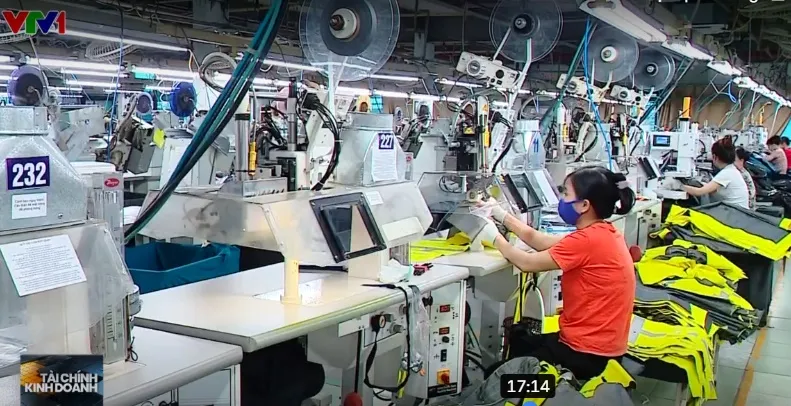
Five months since Resolution 68 was issued to promote the private economic sector to become an important driving force of the economy, many support policies have gradually come into effect.
In fact, the implementation speed of Resolution 68 among localities is still not uniform. In many places, many businesses said that the implementation of the new policy is still slow, especially in the guidance and information access stages.
"Everything is very drastic. However, when I returned to some localities, I saw that the local people still did not feel the heat. So I hope that in the near future, the government will have policies to ensure that everyone from top to bottom must be equally determined," said Mr. Tran An Tuan - Vice President of Vietnam UAV Network.
The spirit of "co-creation of policies" is spreading among the business community - when businesses are not only beneficiaries, but also partners with the State in finding new development directions.
In order for this spirit to be quickly realized into economic efficiency of the private enterprise sector, early removal of institutional barriers and administrative procedure bottlenecks so that Resolution 68 can come into life is the most practical solution at this time, in the context that entrepreneurs and private enterprises are in a very ready and proactive state of innovation.
The development of the Asian private sector
The development of the private economic sector in Asian countries is taking place strongly and playing an increasingly key role in economic growth.
In many countries, the private sector accounts for a large proportion of gross domestic product (GDP) and is the source of most employment. In Japan, the private sector (excluding agriculture) contributes about 80% of GDP. In China, the private sector plays a very important role and is the main engine of growth, contributing more than 60% of GDP and creating more than 80% of urban employment.
However, private enterprises are currently facing many difficulties in the context of trade tensions and shifts in global supply chains, requiring businesses to change their management mindset, innovate technology and receive support from the government.
Source: https://vtv.vn/nghi-quyet-68-cu-hich-the-che-cho-khu-vuc-kinh-te-tu-nhan-100251014062517167.htm





















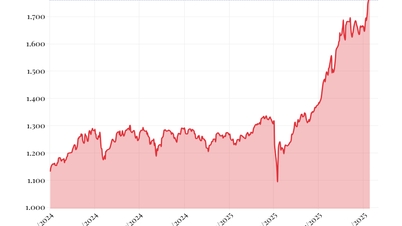









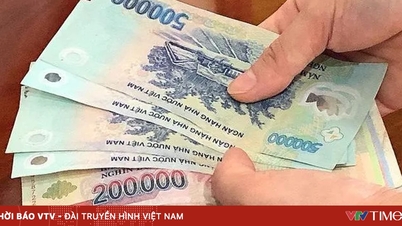
















































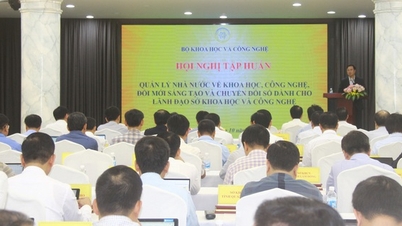












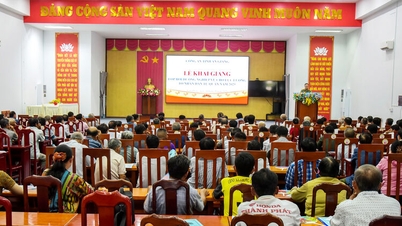
















Comment (0)